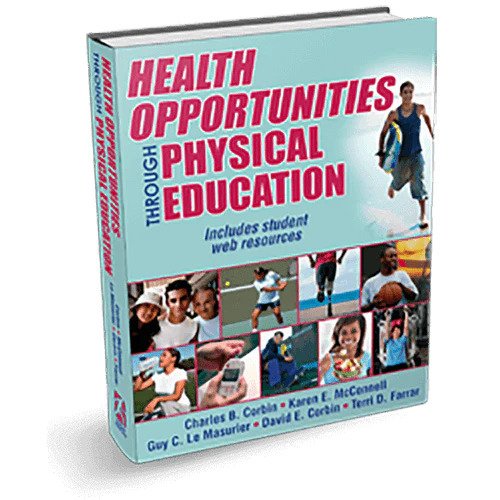Health for Life Theory
Theory-Driven Programs Based on Current Educational Standards
A foundation in educational standards is essential for high-quality programs. In planning programs, current educational standards for domain-specific content are of primary importance. Health for Life is based on current standards for Health Education (SHAPE America, 2007) as well as CDC characteristics of an effective health education program (CDC, 2013). In addition Health for Life meets standards for physical education and fitness education for specific topics such as physical activity and fitness, nutrition, stress management, and consumerism (SHAPE America: Physical Education, 2014; SHAPE America: Fitness Education Framework, 2012).
In meeting standards, content must be theory driven to ensure that it is presented in a manner that is most likely to result in health behavior change in learners. Concepts and principles derived from educational and psychological theory have been used in identifying skills of healthy living that are important in making health behavior changes such as those in Health for Life. A large randomized trial (Dunn et al., 1998; Dunn et al., 1999) provides evidence of the value of theory-driven programs designed to change health behavior. The Skills for Healthy Living Health for Life are derived from several health behavior change theories and models (see table 1).
Click here to read the full article.



